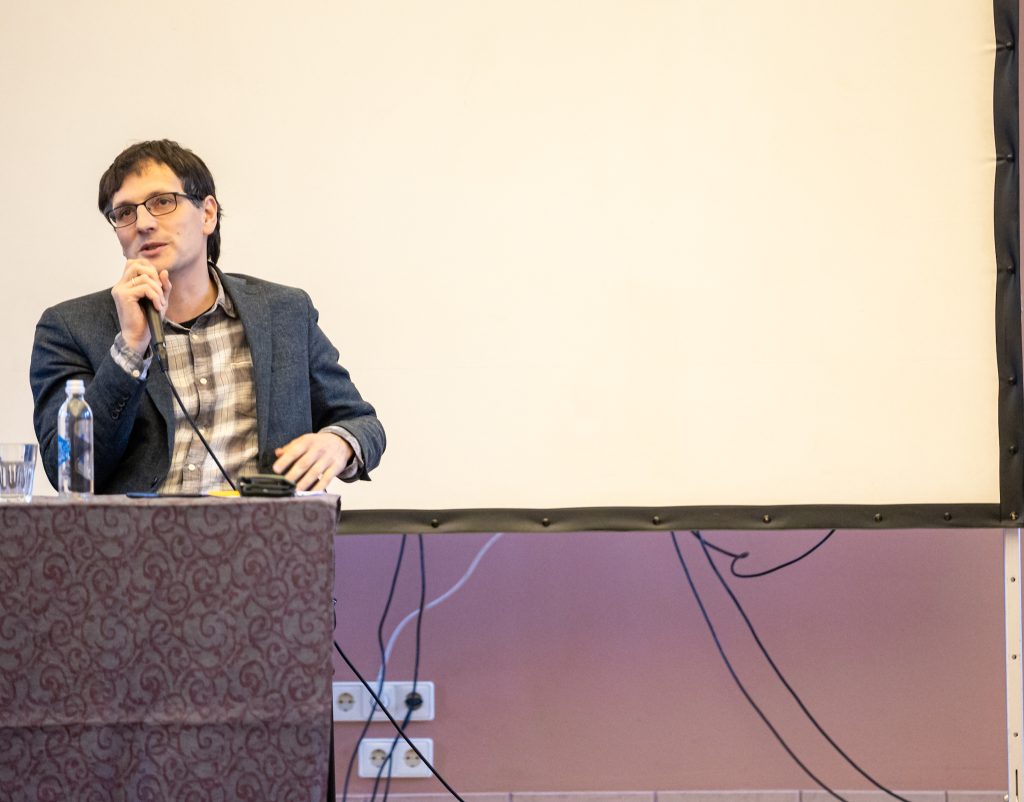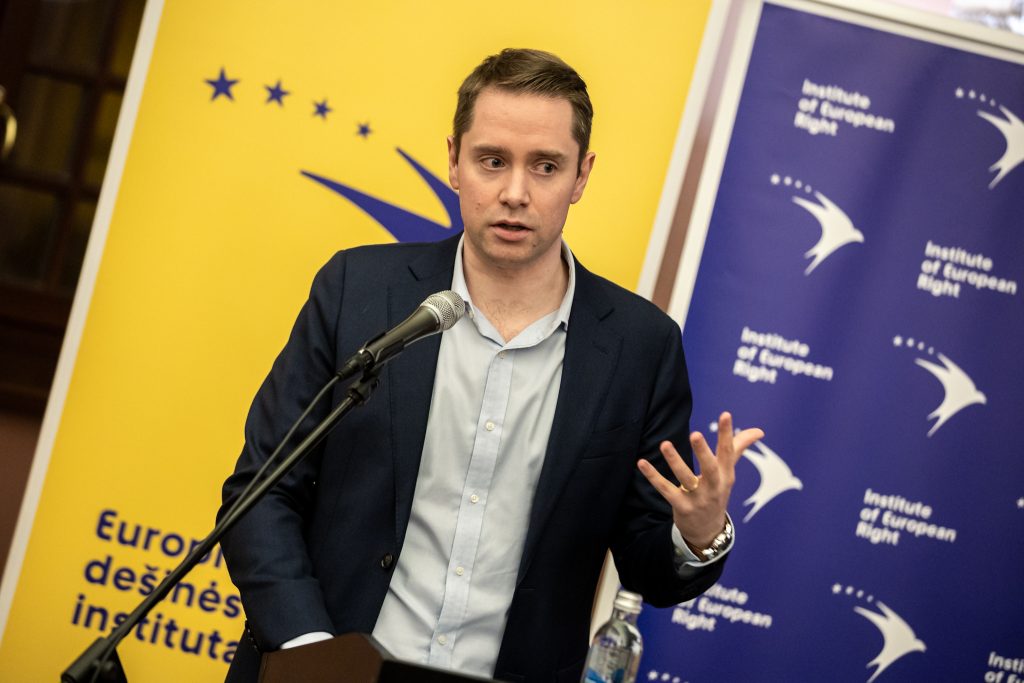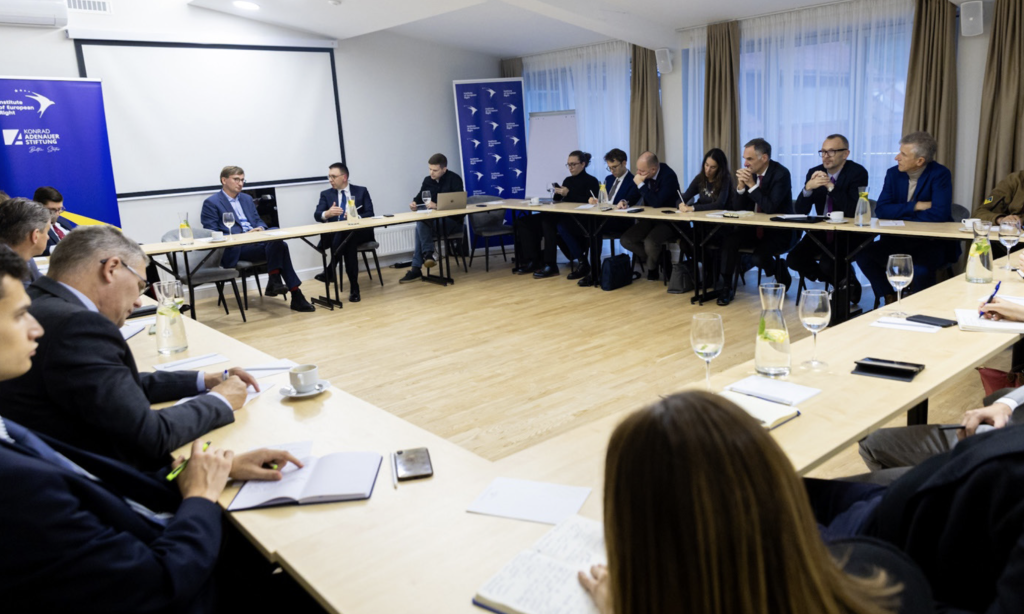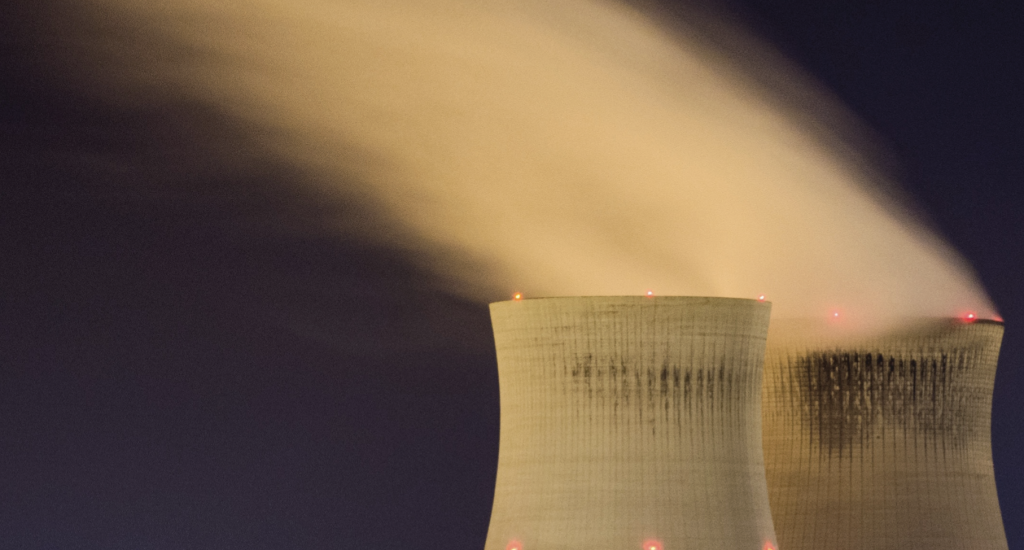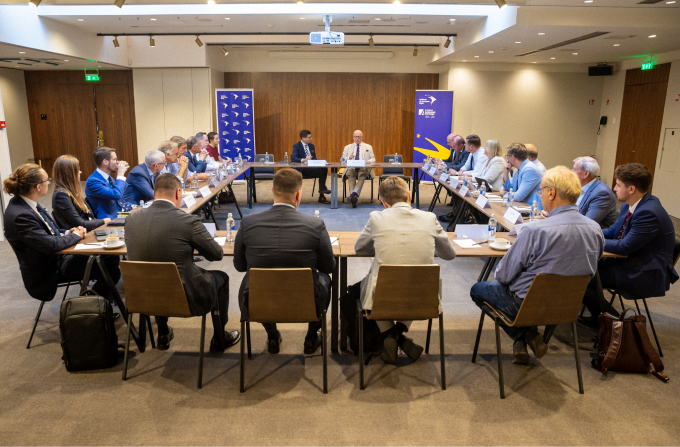
Rusija, Baltarusija ir Baltijos šalių saugumas (EN)
The Complex Web of Russia-Ukraine Relations:
A Confluence of Historical and Geopolitical Factors
INTRODUCTION: AN INTERDISCIPLINARY CANVAS
Unraveling Russia‘s war against Ukraine conflict demands a multi- pronged analysis that blends historical scrutiny with real-time geopolitical assessment. The war is neither an isolated event spurred by the aspirations of President Vladimir Putin nor a spontaneous geopolitical aberration. Rather, it is a dramatic manifestation of Russia‘s centuries-old imperial psychology—accentuated by Putin‘s unique blend of Tsarist nostalgia, Leninist political methodology, and personal fervour for Ukraine. Concurrently, the conflict‘s reverberations stretch across the globe, affecting Western political calculus, shaping China‘s strategic choices, and impacting societal frameworks in distant lands. Hence, this analysis aims to build a comprehensive, layered understanding of the complex matrix that is Russia‘s war of aggression against Ukraine.
RUSSIAN IMPERIALISM: A CULTURAL POWER-GRAB
Russia‘s brand of imperialism stands distinct in its methodological approach to the cultures and histories of subjugated regions.
Unlike other historical European imperial endeavours that focused primarily on resource extraction and administrative control, Russian imperial ideology has been deeply committed to assimilating these regions into a broader Russian cultural and historical narrative. The intellectual landscape in Russia, as Isaiah Berlin astutely observed in 1953, has been preoccupied with Russian identity since the 1830s. Yet, what Berlin and others perhaps underestimate is how Russia‘s cultural conversation envelops not just Russia but also the ‚forcibly integrated‘ nations. The term ‚forcible narratives,‘ coined by Estonian historian Envy Payu, captures this unique phenomenon of history and mythology imposition, which has roots dating back to Catherine the Great‘s erasure of Ukrainian Hetmanate history in the late 18th century.
THE TRIPARTITE PUTIN EFFECT:
TSARISM, LENINISM, AND UKRAINIAN FIXATION
Putin‘s role in shaping Russia‘s war against Ukraine isn‘t merely
an example of strongman politics. It is a calculated synthesis of resurrecting Tsarist grandeur—seen as a golden era of Russian authority—combined with Leninist methodologies for statecraft that lean heavily on ideological indoctrination and ruthless
political machinery. But an often-understated dimension is Putin‘s personal attachment to Ukraine, an emotional inclination that has arguably skewed what could otherwise be a more pragmatically conducted conflict. This triad has resulted in serious foreign policy miscalculations, leading to a spiral of diplomatic isolation and economic sanctions that have harmed Russia tremendously.
GEOPOLITICAL DOMINOES:
FROM WESTERN SANCTIONS TO CHINESE CALCULATIONS
Western sanctions against Russia, while symbolically potent, are inherently unstable. Driven by the fickleness of domestic political climates within Western nations, these sanctions run the risk of crumbling, thereby leaving behind a geopolitical void that Russia may be only too keen to fill. On the Eastern frontier, China‘s taciturn stance is not to be mistaken for disinterest. Beijing considers Russia its primary partner in thwarting American hegemony. If the U.S.
fails to maintain a robust stand against Russian aggression, it may inadvertently embolden China, causing a further rift between the U.S. and its European allies.
PERIPHERAL IMPACT: BELARUS, THE BALTICS, AND BEYOND
The Belarusian regime under Alexander Lukashenko has effectively tethered its political stability to Russian support. A defeat for Russia, therefore, could trigger tumult in Belarus, with aftershocks reaching the Baltic states and compelling a reassessment of NATO‘s strategic posturing. Additionally, Russia‘s ideological campaign to protect the „Russian world“ could extend its tentacles into Estonia, Latvia and Lithuania, countries with substantial Russian-speaking populations.
INTERNAL RIPPLES: THE NEW FRONTLINE OF HYBRID WARFARE
Beyond national borders, the conflict is reshaping the internal sociopolitical dynamics in countries hosting Russian and Ukrainian communities. Estonia serves as a prime example, where the spillover has resulted in a heightened internal security concern characterized by a rise in „hybrid warfare“—a blend of conventional and unconventional tactics.
RECOMMENDATIONS FOR A FLUID GEOPOLITICAL LANDSCAPE:
- Global Alliance-Building
States should extend their strategic collaborations to prepare for Russia’s evolving geopolitical ambitions. The essential task for the members of the transatlantic alliance, who are more or less united in their support for Russia‘s war against Ukraine, is to convince as many „non-believers“ as possible, i.e. to convince the members of the neutral bloc that confronting Russia and upholding the rules-based order is an end in itself.
- Intellectual Re-arming
Western policymakers must expand their understanding of NATO‘s Article 5 to include emerging forms of warfare. Since NATO will certainly not have the luxury of seeing the war start with Russia‘s tanks crossing NATO‘s border, Article 5 of NATO‘s Charter would essentially require one small but fundamental change, given the changed nature of aggression. Article 5 of NATO says that “if a NATO Ally is the victim of an armed attack, each and every other member of the Alliance will consider this act of violence as an armed attack against all members”. However, the word ‚armed‘ should be removed from this wording. Instead of saying that NATO will respond to an ‚armed attack‘, it should be clear that NATO is responding to an ‚attack‘. Such a change to Article 5 would make the situation much clearer, as it would essentially deter the numerous hybrid Russian attacks that are taking place on an almost daily basis.
- Getting Rid of Nuclear Weapon Fear Poltergeist
The fear of Russia‘s defeat is often brought up in relation to the use of nuclear weapons. Certainly, the threat of nuclear weapons is not just a figment of the imagination, it is a reality. However, when articulating the possible threats of nuclear weapons, one has to always take into account the fundamental paradox of the nuclear threat today, the essence of which is this: the greater the fear of nuclear weapons, and the more this fear is communicated, the more the likelihood of their use increases.
CONCLUSION: NO ROOM FOR SIMPLISTIC NARRATIVES
The Russia‘s war of aggresions against Ukraine serves as a watershed moment in global geopolitics, impacting not
just the immediate actors but also redefining international relations paradigms. Its roots can be traced back to
Russia‘s unique form of imperialistic narrative construction. Meanwhile, Putin‘s personal ideological blend has further deepened Russia‘s paranoia and distorted view of Ukraine and the West. The unravelling of Western sanctions and China‘s closely-watching eye add additional layers of complexity. Given this intricate web, there is an urgent need for a multidimensional, deeply nuanced policy approach. Any form of intellectual or policy-level complacency could lead to far-reaching and perhaps irreversible consequences.



